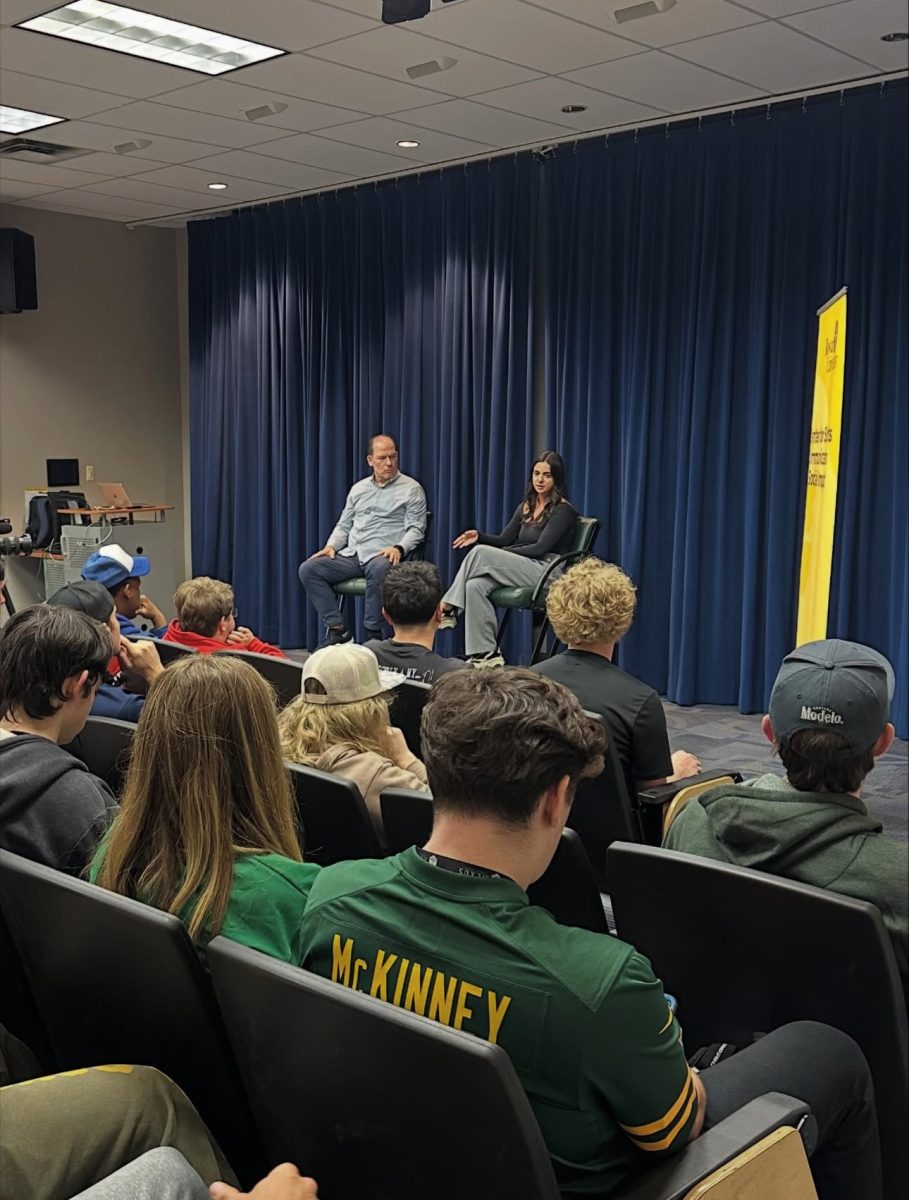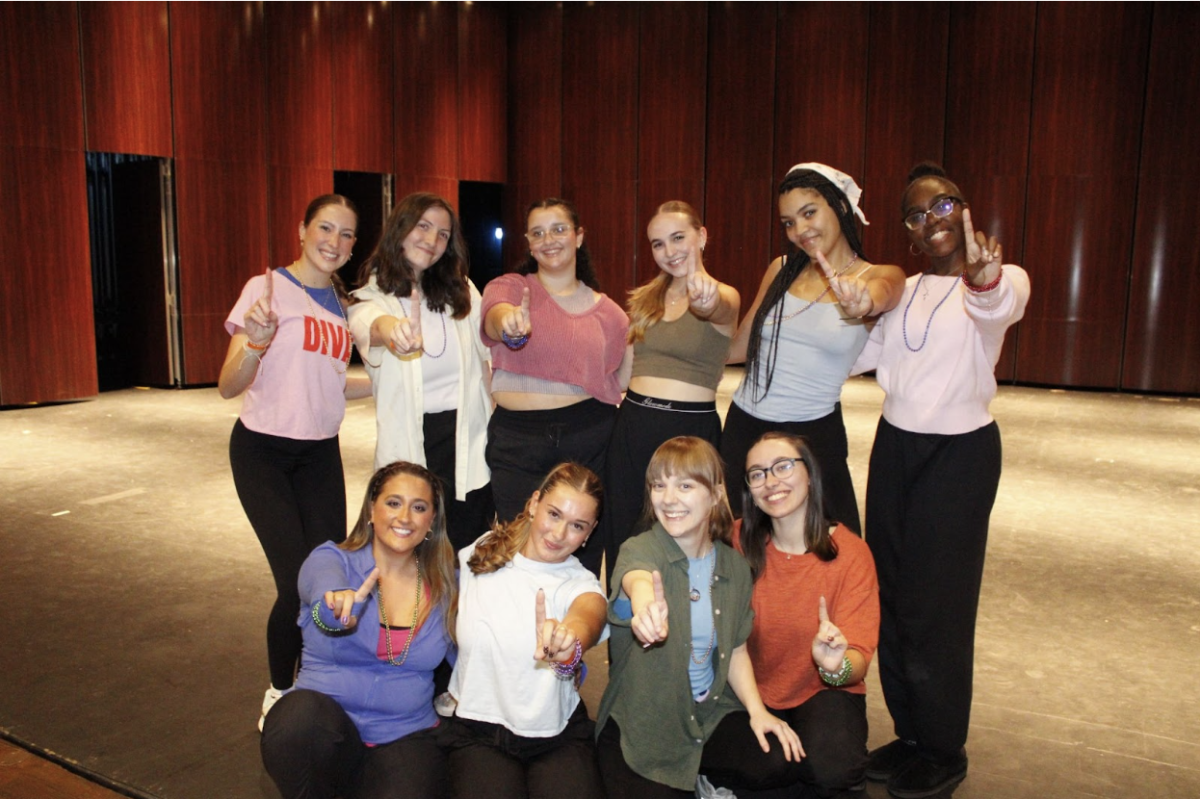Here in America, we like to believe that we live in a country of high ideals, and that we may have gone astray. But that’s not the case. America is absurd, it is innately the home of evil, idiotic, bigoted and overall wild characters. This truth is staring us right in the face, but most of the time we look past it. However, I believe that it does reveal itself in popular culture through our fiction.
In 1961, novelist Philip Roth wrote a piece for Commentary magazine about the dilemma American writers found themselves in. Roth was reacting to a murder in Chicago, but more broadly, he was talking about how American writers at the time had the near-impossible task of matching the reality of America in their writing. In 2017, the Library of America released an anthology of Roth’s nonfiction. Adam Gopnik wrote a review of it for the New Yorker in which he said the “desire to find a liberal way of imagining the particulars of American patriotism has become ever more urgent.”
I understand the desire to create an ideal picture of this country, especially when bigotry and horror have become more apparent over the last few years. This desire is evident during this presidential campaign: one of Joe Biden’s campaign talking points is that America has gone astray and can come together to resolve this crisis. It may be campaign rhetoric, but I believe Biden truly believes this. I think many Americans genuinely believe in this liberal patriotic view.
You’ve probably heard this phrase before: “The arc of the moral universe is long, but it bends toward justice.” Former President Barack Obama used it throughout his tenure, and during the Donald Trump era, it’s become even more popular among liberal Americans. It’s a nice sentiment that everything will be okay, and justice will win out in the end.
Nonetheless, the quote is often misused. The quote, which is almost always attributed to Dr. Martin Luther King Jr., is from Theodore Parker, a 19th century transcendentalist and minister. Without context, one would assume from this quote that humanity will end up just in the end. Looking at American history, however, this is not the case.
One could argue that the high point for civil rights in this country was right after the American Civil War, during Reconstruction. (I mean, at the time, the people had the most representation for Black Americans in government.) I’m not saying this to ignore the quote’s sentiment, but I am saying that this moral arc doesn’t bend toward justice without us pushing it that way.
Americans have this desire to look away from our truth. We even do it with our heroes, including our fictional ones. “To Kill a Mockingbird” by Harper Lee is a seminal work of American literature, and during the height of the civil rights movement, it gave white Americans a view into an issue that wasn’t necessarily of concern to them. Oprah Winfrey called Lee’s book “our national novel.”
So why, in 2015, when the prequel “Go Set a Watchman” was released, was it so controversial? Well, it all revolved around the character of Atticus Finch. Finch, one of the main characters in “To Kill a Mockingbird,” was a hero to so many. He defended an innocent Black man accused by racists of a crime he didn’t commit. When Gregory Peck played him in the film version, his popularity sky-rocketed; many people even named their children after him.
But in “Go Set a Watchman,” Atticus is pretty much the opposite. He’s a bigot, a racist and it’s mentioned he’s attended Klan meetings. It caused significant controversy, and people attacked the publisher, claiming they tricked Lee into having it published.
What does this say about us? To me, it says we hate the truth. Even if this was released with pressure from publishers, that doesn’t change the fact that Lee wrote it. “Go Set a Watchman” was written before “To Kill a Mockingbird.” These things exist within her literary universe.
So…the movie “Borat.” If you want to have a proper conversation about the film, I would ask that you first read the piece about it in The Whit by Alexander Rossen. Sacha Baron Cohen, the actor behind the character Borat, is also an activist who uses his art to reveal things about America that have always been there but that we tend to ignore.
In the end, I’m saying that America is just like any other place: it has its good and it has its bad. Over-optimism isn’t a left or right issue because both sides put on blinders, but we all should re-examine our preconceived notions of the country we live in, because a lot of times, the America our leaders like to paint for us is fictional. Until the veil lifts, we won’t be able to fix any of the problems staring us right in the face.
For comments/questions about this story, email [email protected] or tweet @TheWhitOnline.




































































































































































































